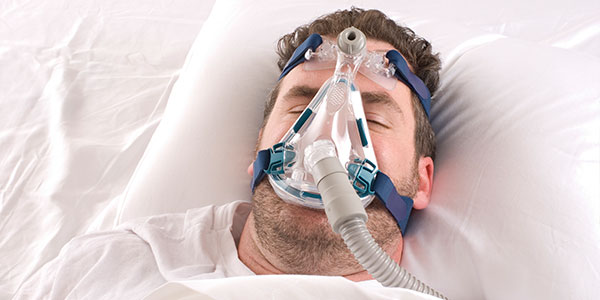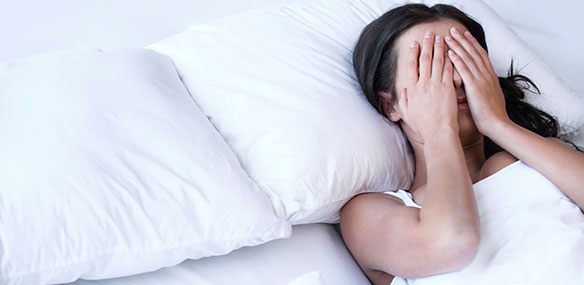Tired of feeling tired? That groggy, unfocused feeling you have after a poor night’s sleep does more than dampen your mood or disrupt your day. Sleep deprivation also increases your risk for a host of serious health issues, including heart disease, high blood pressure, diabetes, depression and weight gain.
Ear, nose and throat specialists (otolaryngologists) in the Sutter Health network treat conditions related to snoring, sleep apnea and other nasal obstructions. They can help diagnose and treat structural causes such as a deviated septum or enlarged turbinates as well as other issues through methods including nasal surgery and throat surgery (UPPP). We can also refer you to one of seven Sutter Health Sleep Disorders Centers, which are equipped with the latest tools to diagnose issues and design a care plan specific to your needs.

If you’ve got obstructive sleep apnea—your breathing stops and starts while you sleep—you may get relief from a continuous positive airway pressure, or CPAP, device. These mask-and-pump machines keep airways open as you sleep by gently and constantly increasing air pressure in your throat. Sutter Health sleep medicine specialists will monitor you while you test different CPAPs, including these devices:
- Bi-Level Positive Airway Pressure — This version uses two levels of air pressure to hold the throat open. The first, as you breath in, keeps the uvula and soft tissue from closing off the airway. The second, as you breathe out, uses a lower pressure than the first, allowing you to breathe easier against the machine.
- Variable Positive Airway Pressure — This varies the airflow coming from the pump while you inhale and exhale to maintain a constant airway pressure.
- Auto-Adjusted CPAP Titration — Some people achieve better results from a device that delivers varying amounts of air pressure volumes.
Once you and your sleep team identify the device that works best for you, a CPAP technologist will teach you how to use it effectively and answer any questions you may have.














